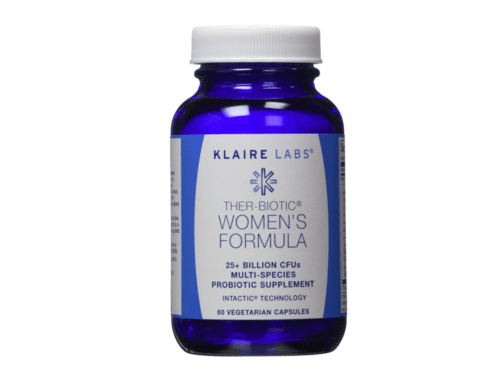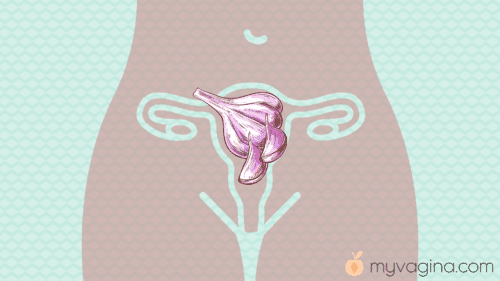Review: Klaire Labs Ther-biotic Women’s Formula – what’s in it?
We take a look at the ingredients in this women's probiotic formula.
Tools to clear up a smelly vagina
A non-infected smelly vagina can be solved with some simple treatments at home to rebalance your bacterial colonies.
Sexual arousal disorders
We run through briefly what sexual arousal disorder is and how it manifests.
Chancroid
Chancroid is an uncommon STI caused by a bacteria that causes painful genital sores, most commonly found in undeveloped countries. Testing is not standardised, but antibiotics cure it.
Urge urinary incontinence
Urge urinary incontinence is a condition where the urge to urinate is strong and sudden, because it is caused by a bladder muscle spams. Urge urinary incontinence is usually caused by a an underlying condition, but it can be triggered by a fright.
Pelvic floor exercises overview
Some ways to find and strengthen your pelvic floor muscles, particularly after any pelvic organ issue (bladder, vagina, bowel).
Detrusor sphincter dyssynergia (DSD)
DSD occurs when there is damage to the spinal cord or brain interrupting the signals between the brain and the bladder, so the two don't work together anymore.
The neurogenic bladder
A neurogenic bladder means malfunctioning or 'broken down' nerves that cause the bladder to function improperly in the storing and expulsion of urine from the body.
How to deal with cuts and tears from fingering and rough sex
Vaginal and vulvar cuts and tears are easy with fingering and rough sex, so while you figure out how to avoid them next time, heal them up quick with our suggestions.
Review: Klaire Labs Ther-biotic Complete
This probiotic contains a couple of species native to healthy vaginal tracts, however it is more geared toward the gut. We examine.
Donna Plus Flora intima women’s probiotic
Donna Plus Flora is a vaginal probiotic available in Spain that contains vagina-specific probiotic bacteria.
Some bleeding after using garlic vaginally
Garlic can cause some irritation when using vaginally. We explain.
Eating garlic instead of inserting vaginally
Eating garlic will not solve the vaginal biofilm problem, but it's good for your insides!
Study: the impact of freezing techniques on lactobacilli survival rates
Can you freeze probiotic bacteria? We find out using a study from food science.
Study: Lactobacilli resistance to low temperatures – can we really freeze kefir?
Freezing kefir or other probiotics isn't necessarily a good idea - strain matters. Here's a small study on four popular probiotic strains and how they fared with freezing.
I’m pregnant – can I use the Killing BV treatments?
There are some Killing BV treatments that are NOT safe for use during pregnancy or nursing. Check out the special sections in the support section.
How pH affects glycogen degradation in the vagina and affects lactobacilli growth
The acidity or alkalinity of the vagina impacts on how glycogen is broken down by amylase. This impacts lactobacilli numbers. We explain how.
Study: the impact of temperature and pH on biofilm formation – it matters!
Temperature and pH make all the difference to biofilm formation in several studied bacteria.
Urethral diverticula
Diverticulum is a shift in the position of the urethra due to the periurethral (Skene's glands) enlargement, possibly due to infection or an anatomical abnormality that manifests later in life.
Skene’s duct cysts or abscesses
Skene's duct cysts and abscesses can cause a range of symptoms including problems urinating.



